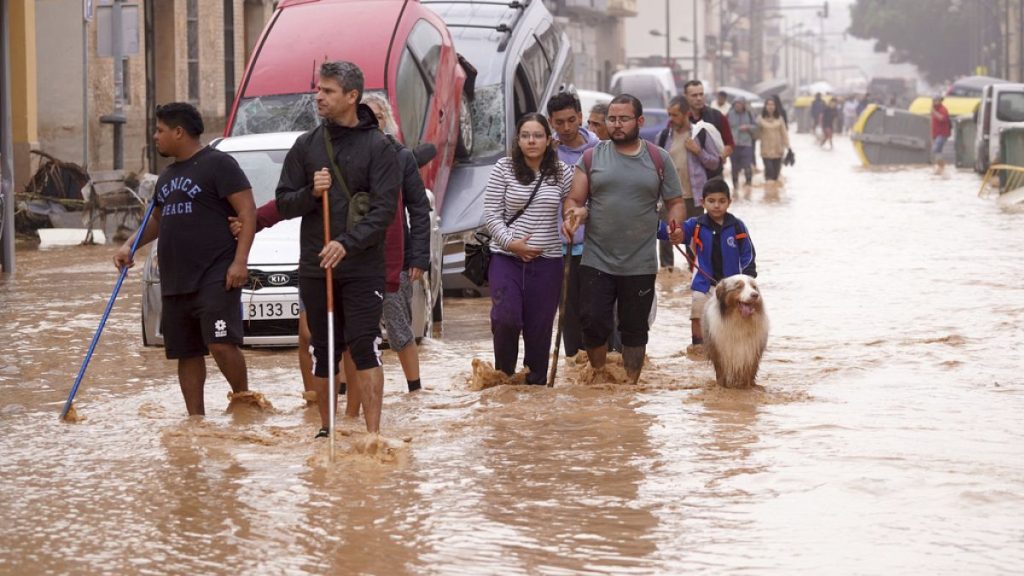Recent analyses have drawn a direct correlation between increasingly frequent extreme weather events and climate change. This connection has been highlighted by disasters such as the drought in the Horn of Africa that resulted in a quarter of a million deaths, heatwaves in Europe causing around 90,000 fatalities, and devastating floods in Spain. Climate scientists have been able to determine that global heating has made these events more likely to occur and significantly more intense. The World Weather Attribution project at Imperial College London has found that with every fraction of a degree of warming, the atmosphere can hold more moisture, leading to heavier rainfall and more destructive weather events.
The current average global temperature is already dangerously close to the 1.5°C limit agreed upon in the Paris Agreement of 2015. As a result, the atmosphere is becoming increasingly volatile, resulting in more intense and deadly weather events, such as the recent floods in Spain. Despite the urgency of the situation, the UN has warned that there is a significant gap between government action and the science of climate change. If current trends continue, the temperature is projected to rise by more than 3°C before the end of the century, highlighting the need for immediate and drastic action.
The World Weather Attribution team has developed a protocol to quickly assess the extent to which climate change has triggered or intensified extreme weather events. Their analysis has shown a clear link between man-made climate change and some of the most deadly weather events in recent history. The findings emphasize that there is no such thing as a natural disaster, as the vulnerability and exposure of populations play a crucial role in turning weather hazards into humanitarian crises. Even wealthier nations are not immune to the impact of extreme weather, as seen in the high death tolls from heatwaves in Europe.
Climate change is already having devastating consequences at just 1.3°C of warming, with increasingly frequent and intense extreme weather events posing a significant risk to populations around the world. The need to cut emissions and transition away from fossil fuels is critical in order to address the root causes of climate change and prevent further catastrophic events. World leaders, ministers, and EU officials are preparing for the latest round of UN climate talks in Baku, with a focus on establishing a fund to assist developing countries in adapting to climate change and reducing their reliance on fossil fuels.
The urgency of the climate crisis is underscored by the fact that 2023 is on track to be the hottest year on record, surpassing the previous record set in 2023. It is no longer possible to view climate change as a distant threat, with the evidence linking extreme weather events to global warming continuing to grow. Meaningful action is needed to address the escalating impacts of climate change and to support vulnerable populations in adapting to a changing climate. This includes accelerating the transition away from fossil fuels and providing adequate financial support through initiatives like the loss and damage fund to help countries cope with the economic and social costs of climate-related disasters.















